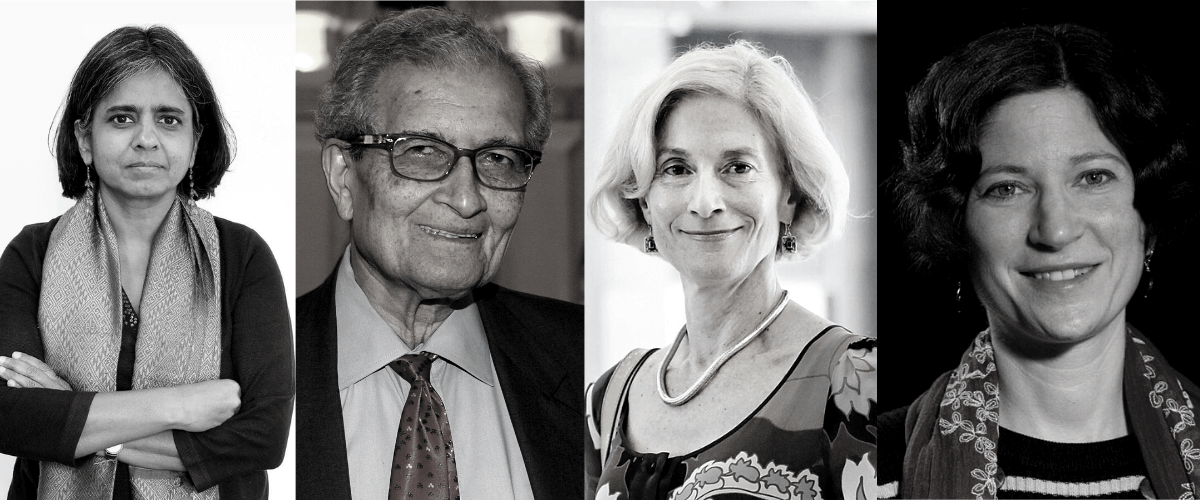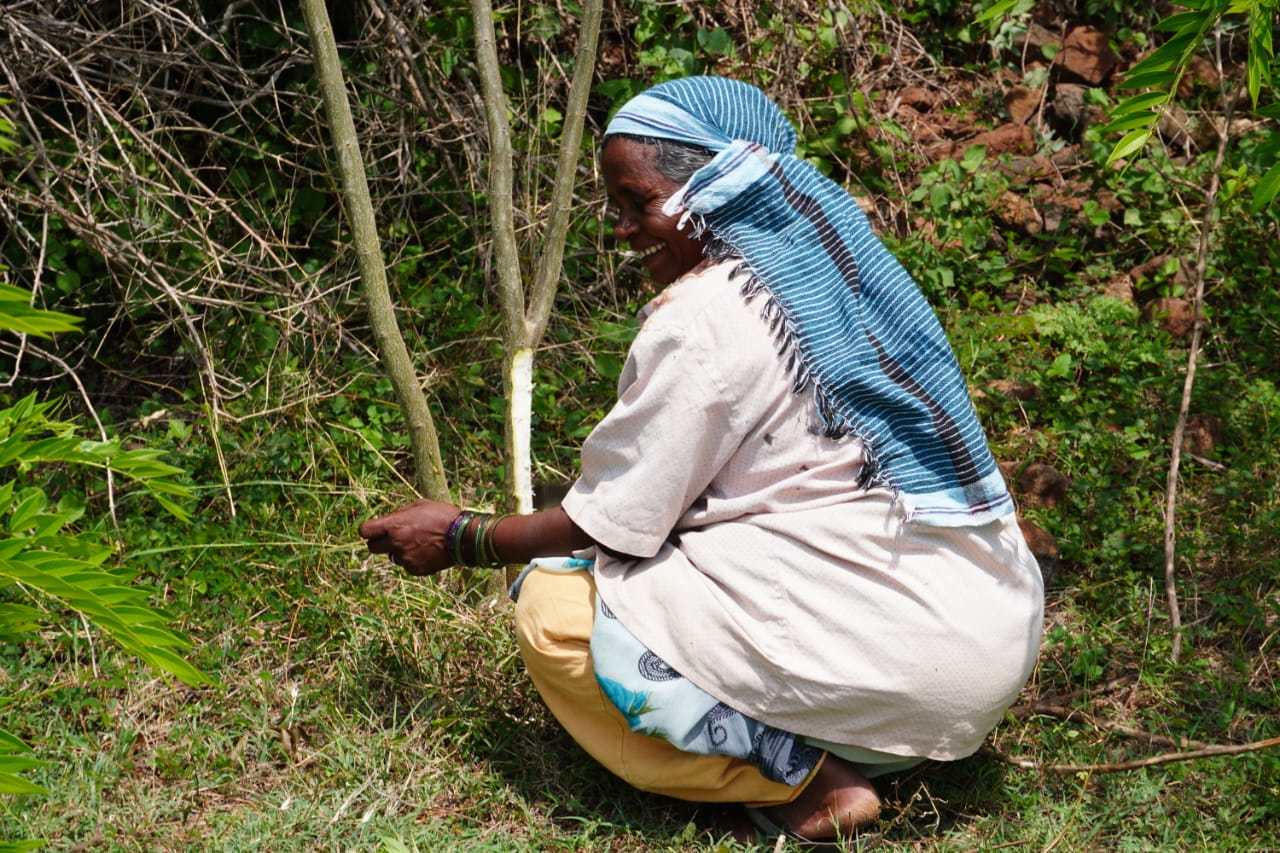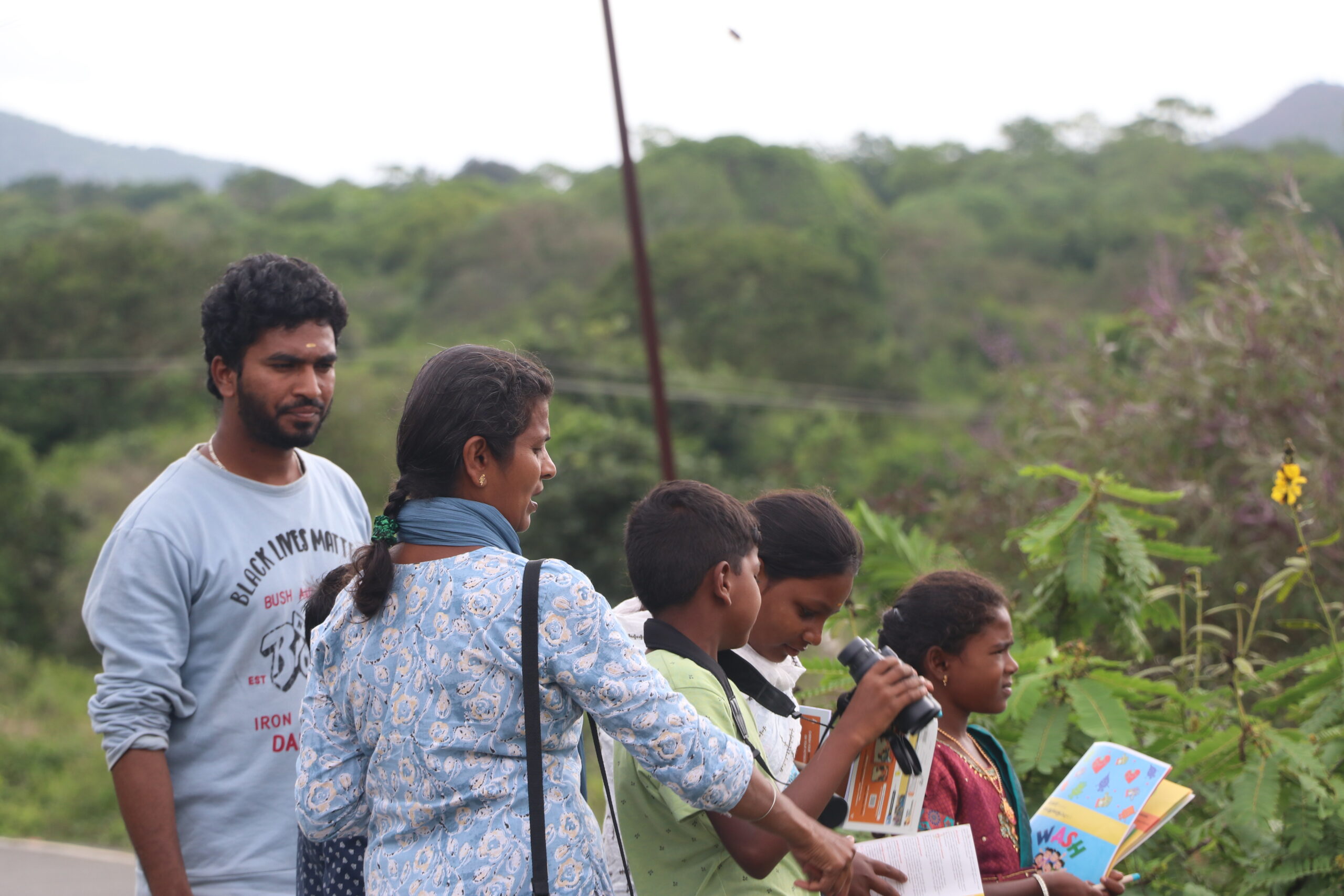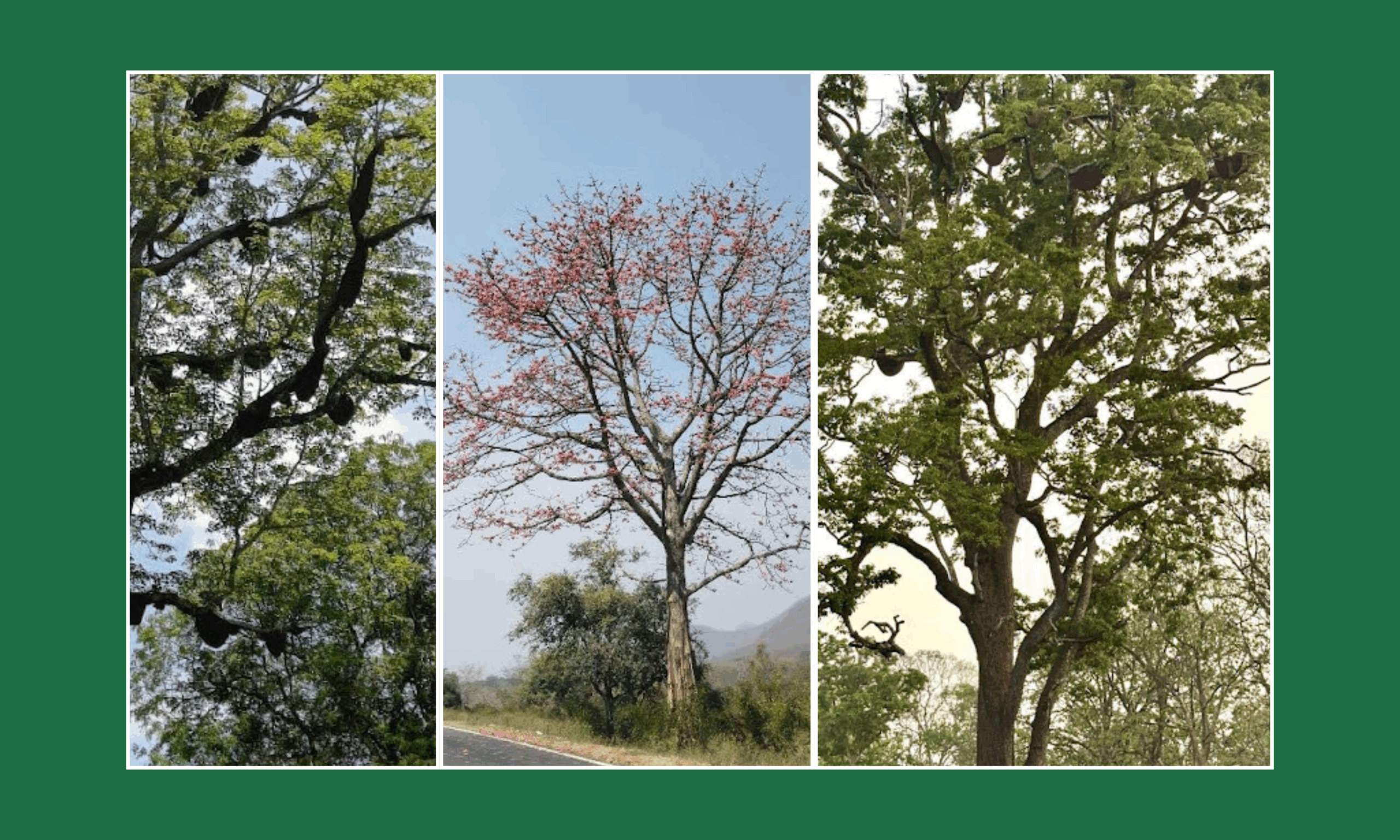September 22, 2022
By Kanmani Palanisamy
Community Well-being
Amartya Sen and Martha Nussbaum theorized the ‘Capability Approach’ framework in the 1980s as a unique perspective on welfare economics. He proposed that a person or a community’s true capability (considering real world obstacles) to achieve a life that aligns with their values must be assessed rather than simply assuming their supposed freedom or right to do so. Sen and Nussbaum believed that political freedom is essential to achieve what one has reason to value. This in the context of indigenous people refers to the right to self-determination and inclusive decision-making processes through the Gram Sabha or in local words “oor kuttams”.
In other words, simply because you may be assured equal rights and freedom by law, does not mean you will have access to equal opportunities for livelihoods, governance and expression in reality.
Our Community Well-being team is intrigued by this approach and finds it very relevant in the spaces we’ve been working in. With the support of Azim Premji Foundation, we’re using the Capability Approach to study how indigenous governing structures in Tamil Nadu and Kerala actually serve people. Assessing grassroots democracy in the two states, we’re attempting to check the efficiency of implementation of the Forest Rights Act 2006, and what gaps the Gram Sabha and Gram Panchayat may have in doing so. We’re also working to identify gaps in the Revenue and Forest Departments.
We found that community members were not made aware of how the FRA works to support them, and have begun capacity building for claims processes. For example, claims may aid them in exercising their Community Forest Rights to extract Non-Timber Forest Products sustainably.
Our abstract was selected to be presented at the Human Development & Capabilities Association Conference 2022 held from September 19-22 in Antwerp, Belgium. Among the keynote speakers present were Co-Founder and philosopher Martha Nussbaum; author of State of India’s Environment and Director at Centre for Science and Environment at University of Delhi Sunita Narain; and Julia Steinberger from the School of Earth and Environment at the University of Leeds.


















